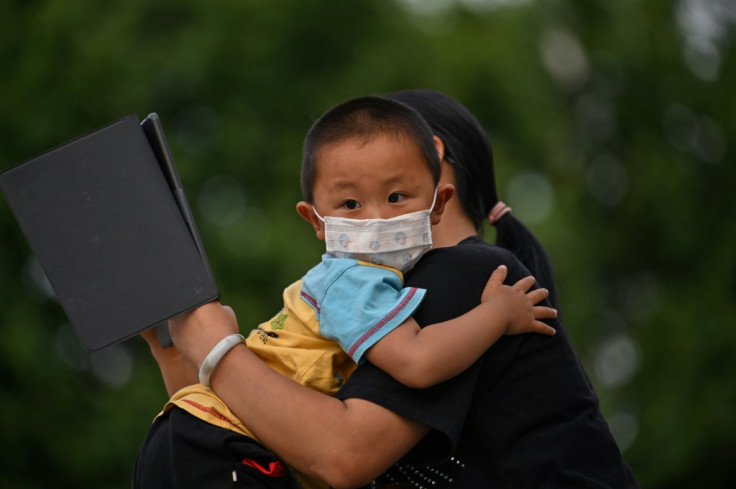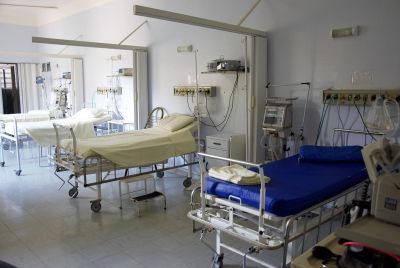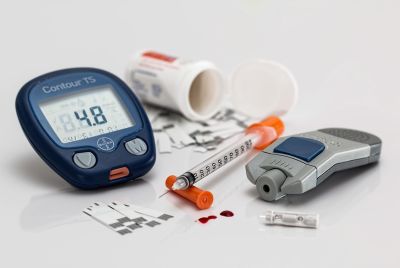Artificial pancreas can help children with type 1 diabetes better control blood sugar
The researchers found that using an artificial pancreas improved the blood glucose levels by 7 percent during the day.
Controlling blood sugar in children may soon become a tad easier, thanks to the results of a new study, which found that artificial pancreas could adequately help children suffering from type 1 diabetes.
In a study published on Wednesday in the New England Journal of Medicine, researchers from the International Diabetes Closed Loop (iDCL) Trial Research Group studied for four months 101 children between six and 13 months. The researchers compared the experimental group, which used a closed-loop system of insulin delivery, otherwise known as an artificial pancreas system, to that of a standard continuous glucose monitoring (CGM) device, along with a separate insulin pump, which served as the control group.
The researchers found that using artificial pancreas improved the blood glucose levels by 7 percent during the day. At nighttime, the same system improved it by 26 percent, when compared to the control group. This artificial pancreas system is not implanted into the body but it utilises a computer that coordinates the monitor of the glucose with the insulin pump.
CNN reports that the researchers said that the ability to control blood sugar at nighttime is very important because if blood sugar is not monitored at night, it could lead to severe hypoglycemia and could result in coma, seizure, or even death.
Dr Paul Wadwa, a pediatrics professor at the Barbara Davis Center for Childhood Diabetes at the University of Colorado, Aurora noted that the artificial pancreas showed a significant improvement in blood sugar control at nighttime. Because of this, parents and caregivers get to sleep better because they are at peace knowing that their children are safer.
Through an artificial pancreas system, parents and caregivers will have fewer times to drop everything and get down to taking care of their ailment.
As compared to the CGM and insulin pump, the artificial pancreas improved blood glucose within range by about 11 percent. This also meant giving the patients, as well as caregivers an extra three hours more a day.

According to the National Institute of Diabetes and Digestive and Kidney Diseases (NIDDK), the artificial pancreas is like an all-in-one system that manages diabetes, tracking blood sugar and delivering the amount of insulin in accordance to the needs of the body.
© Copyright IBTimes 2025. All rights reserved.





















